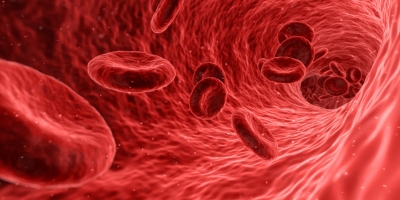New Delhi– A drug called rilzabrutinib has generated promising safety and efficacy results in a recent international multi-centre phase 1-2 immune thrombocytopenia (ITP) trial, say researchers.
In people with immune ITP, the body produces destructive antibodies against platelets in the blood, which increases the risk of bruising, bleeding, hospitalisation, death, fatigue, and impaired quality of life.
The findings, published in the New England Journal of Medicine, has shown that cells called macrophages are primarily responsible for destroying antibody-coated platelets in ITP, and an enzyme called Bruton kinase is critical to their function.
Although an inhibitor of Bruton kinase that was approved to treat a common form of leukemia decreases macrophage activity and raises platelets counts in patients with both leukemia and ITP, the drug, called ibrutinib, also inhibits the function of platelets, which reduces its efficacy in ITP.
Oral rilzabrutinib was developed as a new type of Bruton kinase inhibitor that reduces macrophage activity and the production of anti-platelet antibodies but does not affect the function of platelets.
“We hypothesised that rilzabrutinib would be effective in both reducing the antibody attacking the platelets as well as minimizing the rate of platelet destruction by the macrophages,” said lead author David J. Kuter from Massachusetts General Hospital (MGH).
In the 60-patient trial that involved a range of rilzabrutinib doses, all treatment-related adverse events were minor and transient.
At a median follow-up of approximately 5.5 months of treatment, 24 of the 60 patients (40 per cent) overall and 18 of the 45 patients (40 per cent) who had started rilzabrutinib treatment at the highest dose experienced a significant platelet response.
The median time to develop a healthy platelet count was 10.5 days. Among patients who experienced a platelet response, the average percentage of weeks in which they had a healthy platelet count was 65 per cent. The dose of 400 mg twice daily was identified as the dose for further testing.
Importantly, the patients in this study had already tried multiple therapies, and their disease were considered highly refractory to treatment. (IANS)
















